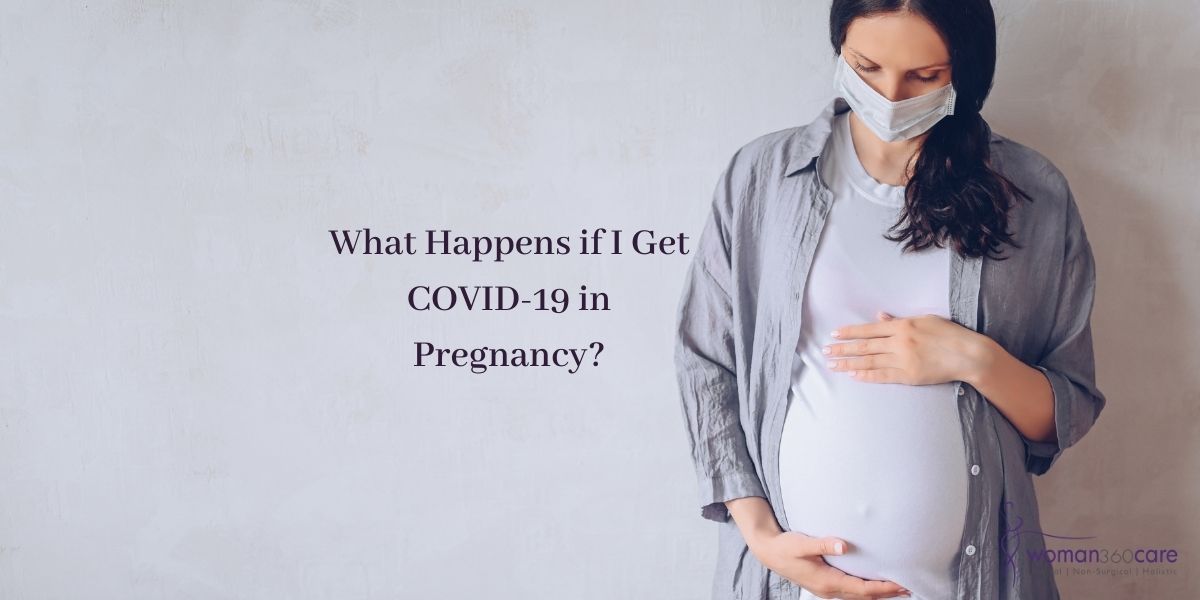
Wednesday 27th January, 2021
If you’re pregnant during the pandemic, you might have a few questions about your care. What happens if you have COVID-19 during delivery? Can you still schedule a C-section if your COVID-19 test is positive? Is it possible to pass the virus on to your baby?
The delivery room might look different now, but you can still trust your health care team to keep you safe. To help put your mind at ease, we’ve rounded up answers to some of the most common ‘what ifs’ around being pregnant during COVID-19.
Early research on COVID-19 shows that the risk of passing COVID-19 on to your baby while you’re pregnant is fairly low. In the first trimester of pregnancy, vertical transmission (when a virus passes from a mother to her child) of a virus like COVID-19 is difficult, and while the risk increases as you progress into your second and third trimesters, it remains relatively unlikely. Although some case reports suggest an elevated risk of pre-term labor with COVID-19 infection, broader research suggests that most women who contract COVID-19 during their pregnancy go on to deliver healthy babies.
Whether you’re COVID-19 positive or not, you will be welcome in the delivery room – although it’s important to let staff know about any sore throat, fever, cough, positive COVID-19 test or any other relevant symptoms so they can prepare for your arrival. Each health care centre is different, but in many hospitals, C-sections on COVID-19 positive patients are scheduled first thing in the morning and the operating room is not used for several hours afterward (and until it is properly cleaned), so that you, your health care team, and the other patients are kept safe.
Make sure to take additional precautions to keep from spreading the virus to your newborn – if you have COVID-19 at the time of delivery, the CDC recommends wearing a mask every time you are within six feet of your baby, washing or sanitizing your hands before picking them up, or having a designated caregiver help out while you are in isolation. But even if you are COVID-19 positive after delivery, it’s still possible to have skin-to-skin contact – your healthcare provider can help you to clean both your hands and your chest to reduce the risk of getting your baby sick.
According to both the Public Health Agency of Canada and the World Health Organization, mothers with COVID-19 or suspected COVID-19 should continue to breastfeed. The research so far does not indicate that the virus can be transmitted through breast milk, and babies may actually get beneficial antibodies to the virus from their mothers. The biggest risk for women who are breastfeeding is the respiratory droplets from your nose and mouth – so If you’re worried about transmission, washing your hands, wearing a mask, and cleaning your chest with soap and water prior to feeding can reduce the odds of passing it on.
Even though getting the virus while you’re pregnant can seem scary, it’s important to remember that your medical team has the tools and training to keep you safe during the pandemic – so if you have any concerns, make sure to ask!
To discuss COVID-19 in Pregnancy further, talk to our health care team.
Posted By Woman360Care
birthing covid19 gynecology motherhood pandemic pregnancy pregnant Vaccine Covid19 Series